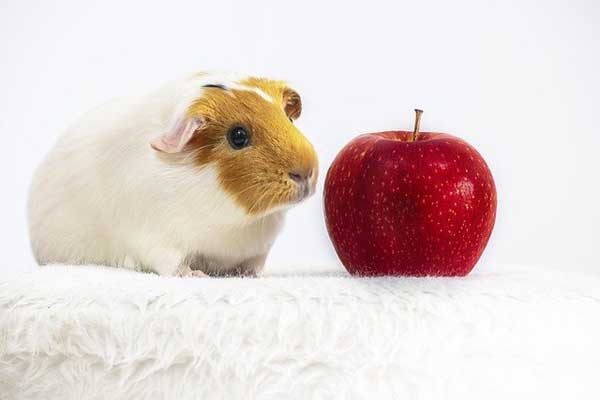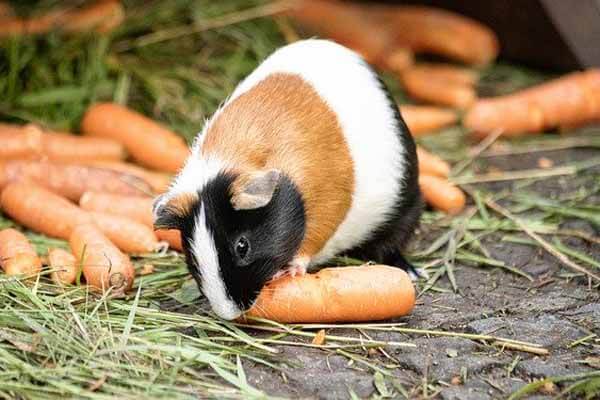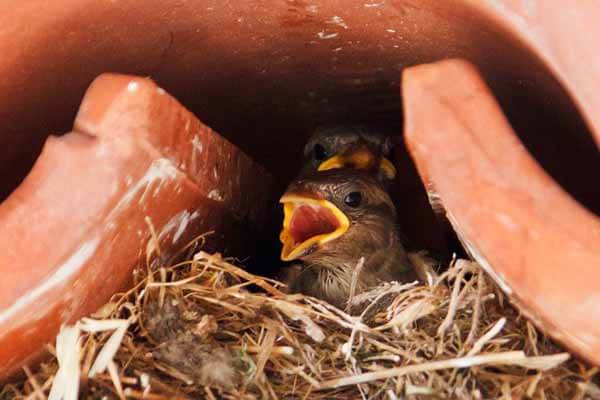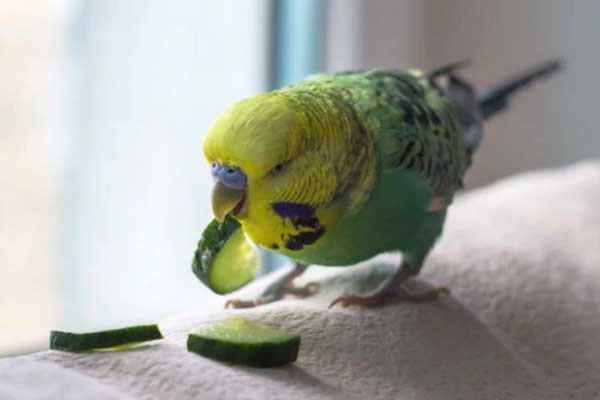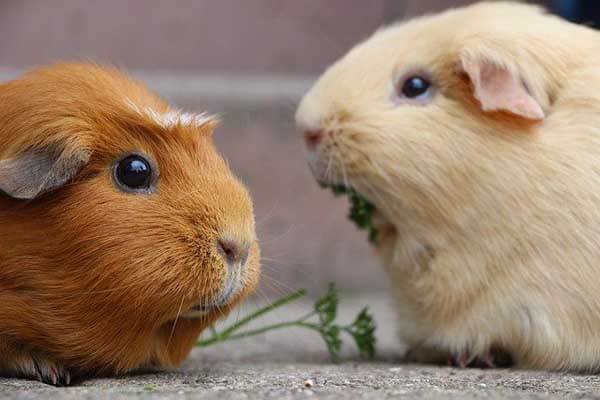Include these foods in your older dog’s diet to meet its specific nutritional needs.
Here are 10 of the best foods you can feed your senior dogs:
- Yogurt is a source of probiotics (beneficial bacteria that can help with digestive problems). Add a spoonful of plain low-fat or nonfat yogurt with live cultures to each meal.
- Eggs. Providing protein in its most bioavailable form, eggs are associated with several health benefits. Cook eggs to make them easier to digest. Note that dogs don’t have to worry about high cholesterol the way that people do. Eggs can consist of one half of your dog’s diet. Most people feed no more than two eggs a day to a large dog (more than 60 pounds), one egg to a medium-size dog (30 to 60 pounds), and ? of an egg to a small dog (less than 30 pounds). Another option would be to give a small dog one egg every other day.
- Liver. Exceptionally nutrient-dense, the liver is packed with vitamins and trace minerals. Feed small amounts regularly. Feeding large amounts at once can lead to loose stools. The liver should be no more than about 5 percent of the total diet. For a 50-pound dog, that comes out to about 1 ounce of liver daily. A 25-pound dog might eat 1/2 ounce of liver daily, or 1 ounce every other day. A tiny dog would eat even less, maybe 1/2 ounce every other day, while a 100-pound dog could have 2 ounces a day or 4 ounces every other day.
- Fish provides omega-3 fatty acids that support the immune system, reduce inflammation, and contribute to skin and coat health. Canned fish with bones, such as sardines, jack mackerel, and pink salmon, are better than tuna. Rinse the fish before feeding to reduce sodium. A 50-pound dog could eat 1 or 2 ounces of fish (two to four small sardines) daily, while a 25-pound dog can eat half that much, and a 100-pound dog can eat twice as much. Another option is to feed a whole meal of fish once or twice a week.
- Broccoli. Cruciferous vegetables, such as broccoli, cabbage, cauliflower, and brussels sprouts provide antioxidants and other nutrients that might help prevent cancer. Limit amounts if they cause gas. These vegetables are best served cooked because the raw form can suppress thyroid function if you feed too much.
- Sweet potatoes are packed with beta-carotene, also found in other yellow-orange vegetables. They are also a good source of vitamin C and other antioxidants. Sweet potatoes and other starchy foods should always be cooked.
- Berries. The antioxidants in blueberries, raspberries, blackberries, and strawberries might help prevent cancer. Berries also provide fiber.
- Chicken. Dark meat provides more nutrition than ultra-low-fat chicken breast. Remove skin for dogs that need fewer calories.
- Beef. Red meat provides iron, zinc, and other nutrients. Feeding a mix of poultry and ruminant meats, such as beef and lamb, supplies a wider variety of fatty acids than feeding only one or the other. For older dogs, cook beef and drain some of the fat.
- Oatmeal. Oats and other whole grains provide a variety of vitamins and minerals, including antioxidants, as well as fiber that can help some dogs with digestive issues.
The Best Foods to Feed Your Senior Dog
Older dogs may lose their appetite, or they may try to earn progressively tastier meals by begging. You can thwart this behavior by providing your pet with the right kind of food for his age. Bone broth is a nutrient-dense, versatile, and all-natural superfood. It is a perfect choice for dogs that are experiencing poor appetite or who need extra encouragement to eat.
It is best to seek dietary advice from your veterinarian. Veterinary nutritionists are often well-versed in the needs of aging dogs and can connect you with a canine nutritionist. Here’s how to find one. You can ask your vet for recommendations. It’s worth noting that these professionals also specialize in feeding seniors. Consult your veterinarian before choosing food for your dog.
For senior dogs, you should consider feeding chicken-based senior dog food. It’s easy to feed dry kibble to an aging dog with dental disease or missing teeth. It also ensures hydration. Although canned food is preferable, dry kibble is also acceptable. In that case, you can add low-sodium chicken broth or gravy to the food. In some cases, wet food is still preferred, so you can substitute the wet form with a canned version.
Alternatively, you can also use a food processor to grind down dry food and soften it with chicken broth. You can also add water to the dry kibble and mix it with the broth. Using a food processor to grind down the food will make it more palatable. You can even put low-sodium chicken broth to the food if you want to add flavor to it.
There are some specialized senior dog foods that can provide the essential nutrients and minerals needed by your senior dog. Some of these include Blue Buffalo Life Protection Formula and American Journey Chicken & Brown Rice Recipe for Senior Dogs. Another option for senior dog food is Merrick’s Senior Dry Food. This food is grain-free and contains Omega-6 and Omega-3 fatty acids. The food is also available for dogs with grain allergies.
While senior dogs need less exercise, they still need daily walks to maintain healthy muscle conditions. A regular walk is essential for both physical and mental stimulation. During this time, your dog’s body will lose its sense of taste. So, it is important to choose the right food for your senior dog. There are many varieties of canned and dry kibble available. Depending on your budget, you can even buy custom-made meals for your dog.
Senior dogs need a diet rich in vitamins. Unlike adult dogs, senior dogs need an increased intake of vitamins in order to stay healthy. Wet food is easier to chew than dry food, and it also contains more water than dry food. It is also more palatable for senior dogs, as it is much easier to digest. This makes wet foods ideal for senior dogs. In addition, they are easier to digest.
Senior dogs need less intense exercise, but you should still make sure they get plenty of walks. A daily walk will keep their muscles healthy and prevent any digestive upset. For more complex foods, consider substituting kibble with a homemade meal. Your dog’s favorite food is the one that has the same ingredients as humans. If you are unable to find a recipe that your senior dog loves, you can always turn to a prepared meal.
In addition to natural food, your senior dog should be able to eat fruits and vegetables. Small amounts of fruits and vegetables are beneficial for all dogs, but the older your dog gets, the more fiber he needs. You can add a small amount of a variety of fruits and vegetables to your senior dog’s diet. It is advisable to feed your dog a small amount of these as a supplement.
You should not feed your senior dog processed food. It should be grain-free. Avoid feeding high-protein food. However, you should provide a limited amount of meat. It is best to avoid consuming foods that contain high fat or salt. You should also provide your senior dog with the proper vitamins and minerals to stay healthy. It is best to choose natural foods that contain natural ingredients and are low-fat.


